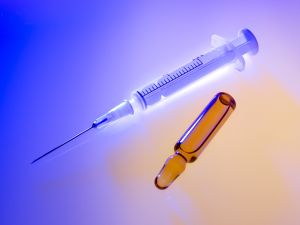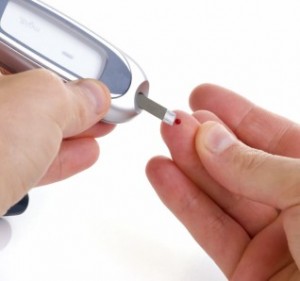Hypoglycaemic and Hyperglycaemic
At present, such other complications of diabetes mellitus are not so common since celebrities for example, Nick Jonas is affected too and as the public become more aware of their health and seek medical attention as soon as possible. Other complications that are regarded as acute metabolic can be divided into:
- Hypoglycaemic
- Hyperglycaemia: It can be further divided into:
i) Ketoacidosis
ii) Hyperosmolar nonketotic syndrome (HHNS)


